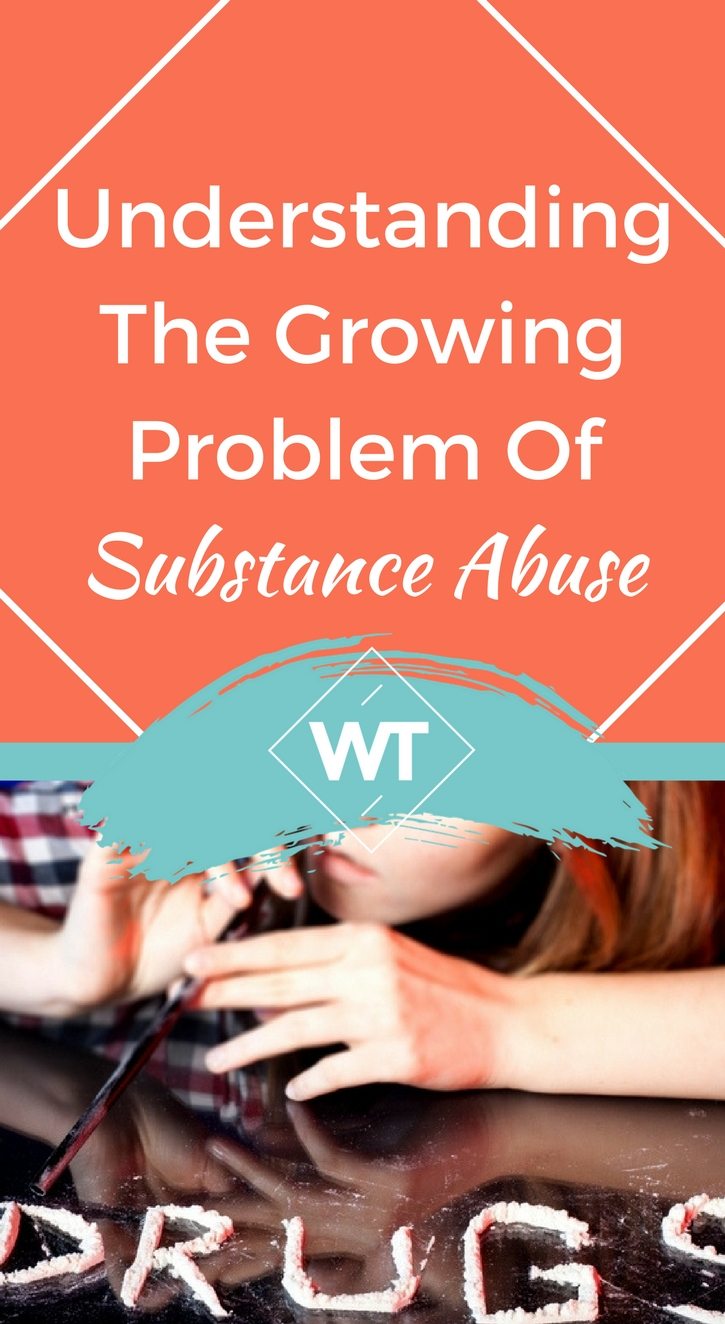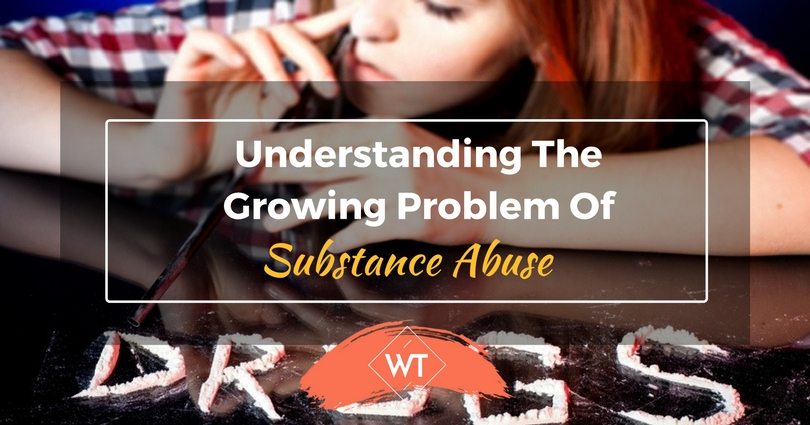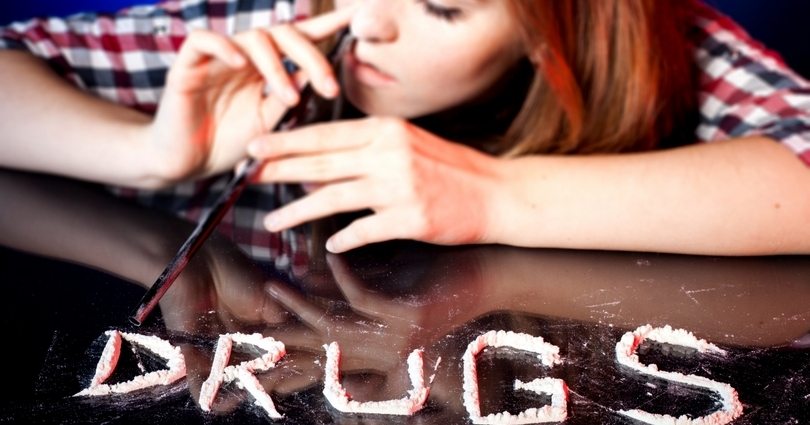Understanding the Growing Problem of Substance Abuse

In this modern age, all of us are making huge progress in every field and we are growing. As a result, we all want an improvement in our living standards. And, we are improving, but, at the same time, there are some things which are affecting us and our lives in a negative way. Drug and substance abuse is one of them. It is one of the major problems faced by our youth today.
Case Study
A colleague messaged me one fine morning to inform me that she was not coming to work today. Later that afternoon, she called me up to tell why she couldn’t make it to work that day. She said that her husband got drunk last night. He finished his bottle and wanted more but it was late so she tried to stop him.
He got angry and in a fit of rage broke the LCD TV and the center table in the living area. Her children got really scared and started crying. She had to call her elder sister and brother-in-law to intervene.
She is disturbed and is feeling pretty clueless as she wants her husband to come out of this addiction but so far has been unsuccessful. It is affecting her family and future.
Defining Substance Abuse or Drug Abuse
Substance abuse, also known as drug abuse, is a patterned use of a substance (drug) in which the user consumes the substance in amounts or with methods neither approved nor supervised by medical professionals.
Substance abuse/drug abuse is not limited to mood-altering or psycho-active drugs. If an activity is performed using the objects against the rules and policies of the matter (as in steroids for performance enhancement in sports), it is also called substance abuse.
For most people, it starts at a young age. Most of them do not start taking drugs or alcohol to take it up regularly. Many of them just want to try them once, some have them because friends are having them or just to have some sense of adventure.
A sudden decrease in consumption of the substance can then bring on withdrawal symptoms. Withdrawal can range from mild anxiety to seizures and hallucinations. A drug overdose may also cause sudden death.
Some use them because they want to improve their performance physically, mostly people related to athletics or sports. Some use them in order to relieve stress or cope with depression and anxiety. Everyone who consumes alcohol or drugs does not get addicted to them. There is a fine line between drug use and drug abuse or addiction and not many users are able to realize that they have crossed the line.
However, there are some common symptoms that can help you realize that the alarm is ringing:
- If your drug or alcohol intake is increasing gradually over a period of time, from occasionally to weekly to twice a week to maybe every day.
- If your drug or alcohol soothes you or makes you feel better in a panic situation, de-stresses you, makes you feel confident or helps you cope with depression.
- If you have not consumed your regular intake of drugs or alcohol and you feel nausea, headache or similar symptoms and feel alright after consuming the same.
- If your performance at work (or in your studies) is deteriorating, you neglect your social and family responsibilities, you know that drug or alcohol consumption is harmful but your mind justifies its use.
- What began as a matter of choice has now grown into a physical and psychological need is the strongest sign of Alcohol and Drug Abuse.
Physical and Behavioral Symptoms to Look For in an Addict
- Sudden weight loss or weight gain.
- Swollen red eyes with pupils larger or smaller than the normal size.
- Disturbed appetite and sleep.
- Sudden mood swings and loss of temper.
- Withdrawing oneself from the outside world, remaining alone for long hours.
- Lack of motivation for doing the regular chores.
Helping An Addict Overcome The Problem
If some of your relatives or one of your friends are dealing with this problem, help that person come out of it, instead of finding faults and blaming the person.
- Try to build a strong support system for the addict with the help of friends and family and seek professional help if required.
- Try to follow a normal routine and keep the addict busy so that they do not think about the drug or alcohol time and again.
- Group counselling can really help. If the addict meets the people who have come out of the problem successfully, this can motivate and reinforce them to leave the substance.
- Make sure that someone is always there with the addict to keep them company.
- Help them develop some hobbies, or do meditation to remain calm.
- Remember, its all right if there is a relapse. Do not give up hope. Keep trying.
Conclusion
Substance or drug abuse is a problem that can affect people from any or every age group. In today’s world, when we have easy access to so many things and our lives have become so stressful, we are prone to such problems and it’s affecting our youth the most. Do not look at this problem as a non-curable disease.
Substance or drug abuse unlike many physical or psychological problems is completely curable. We just need to be emotionally strong and give support and the right medical help to the addict. Help them come out of it so that they can build a strong future for themselves, their family and their society.









Leave a Reply